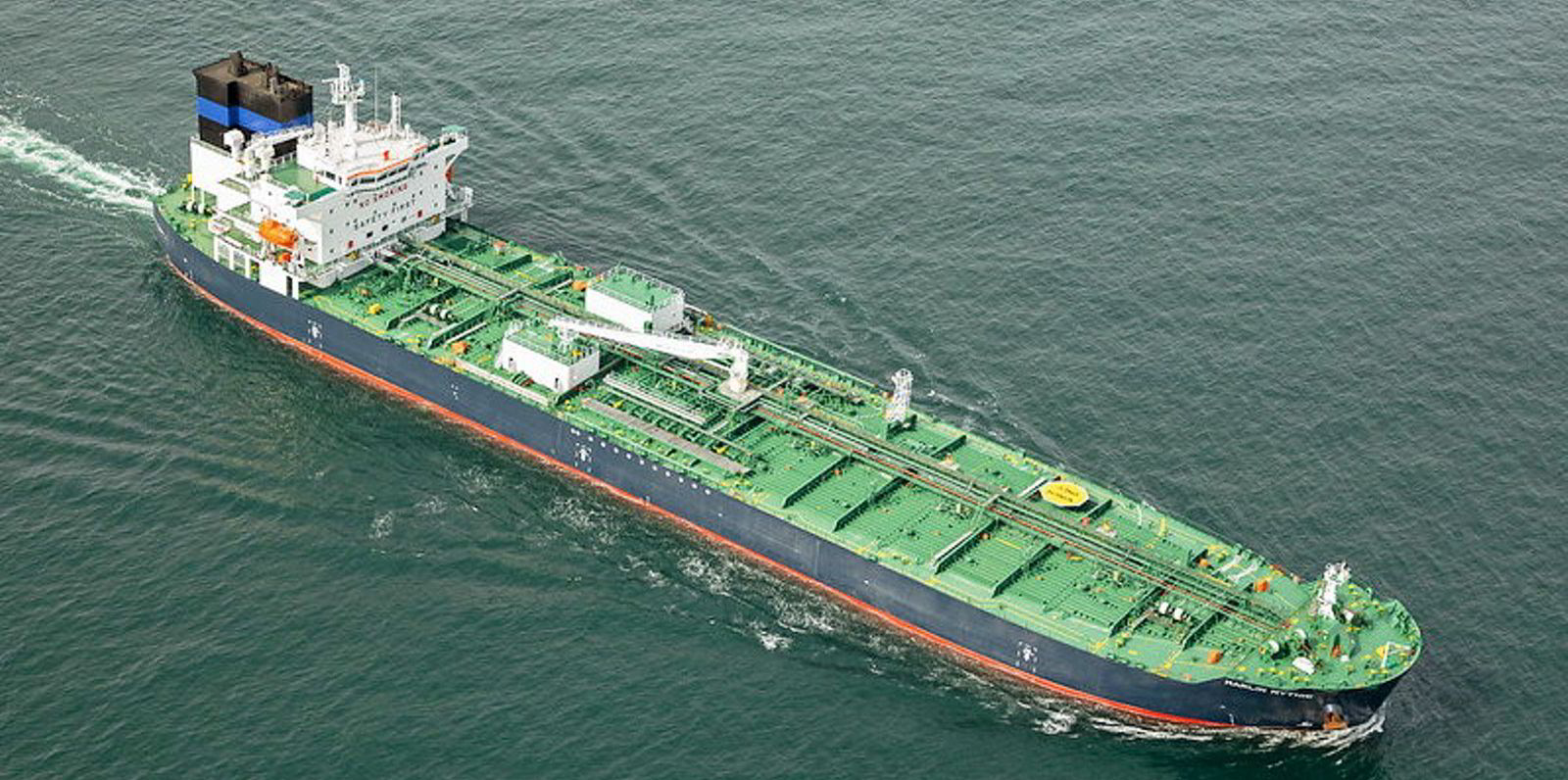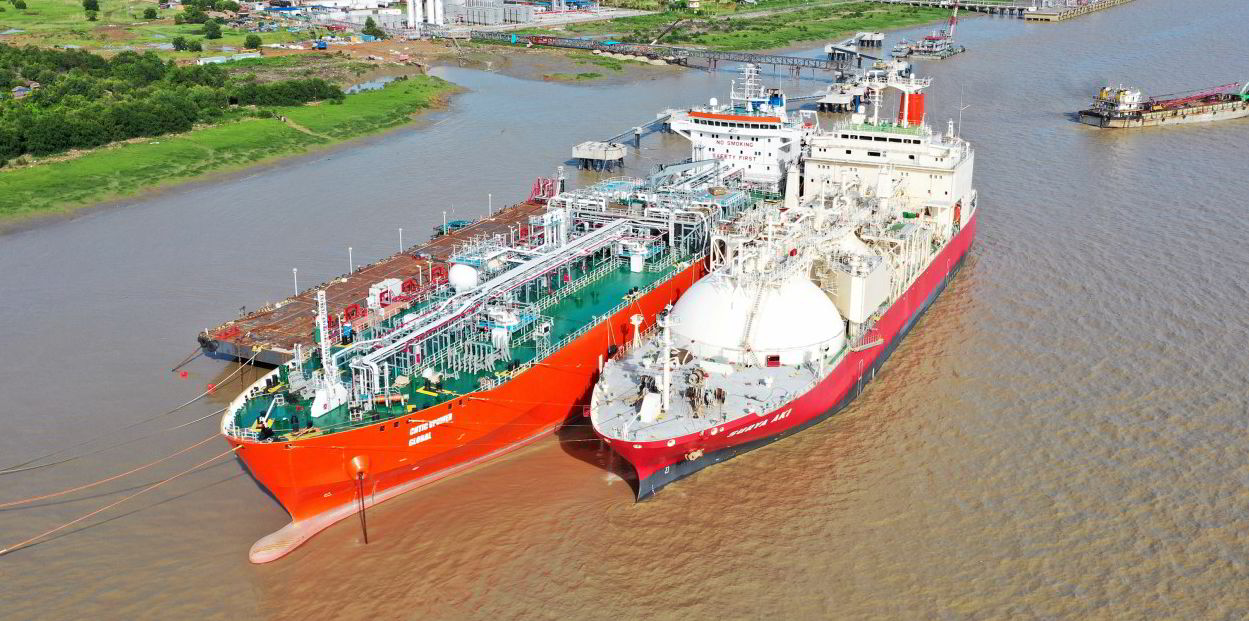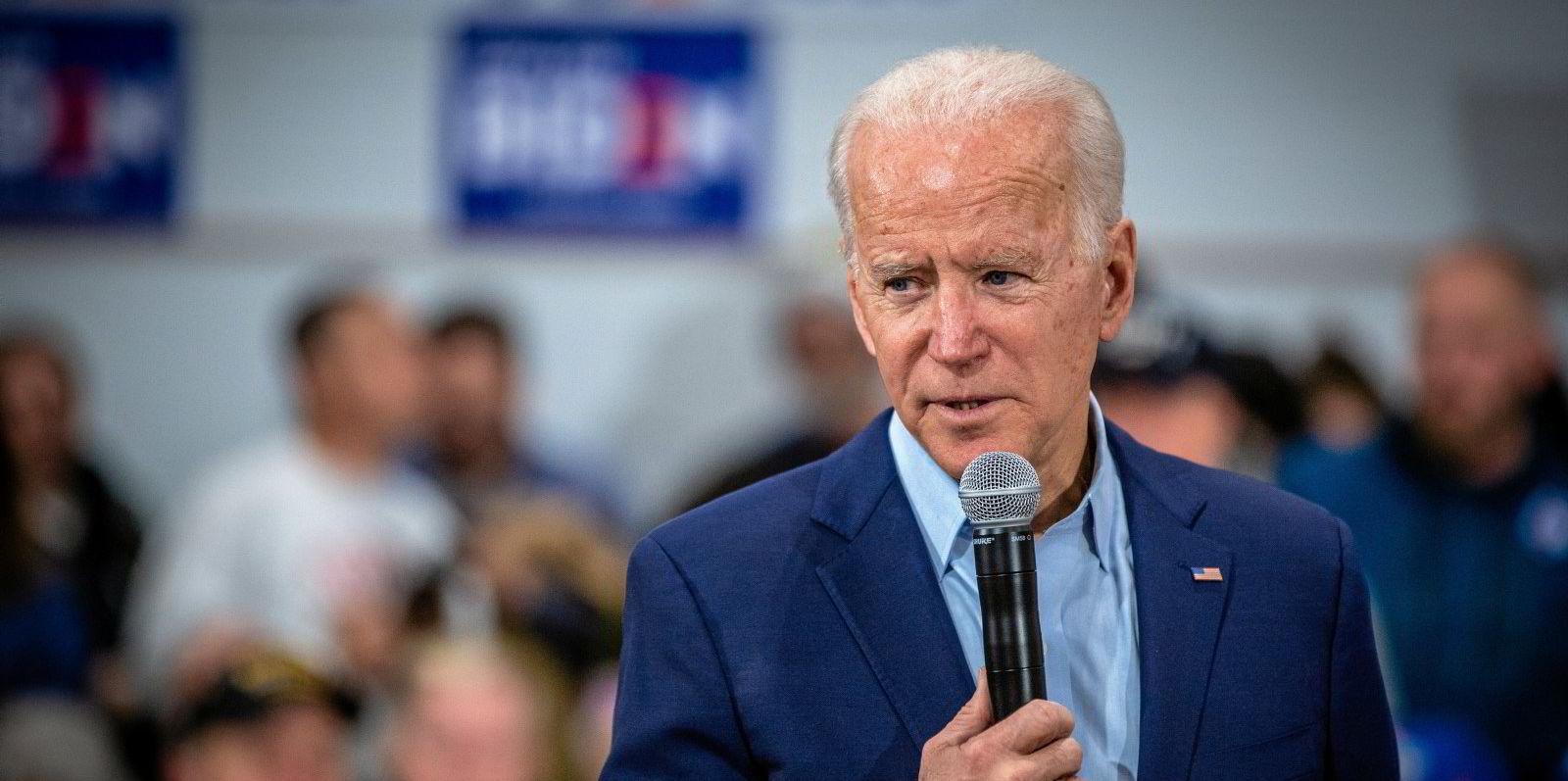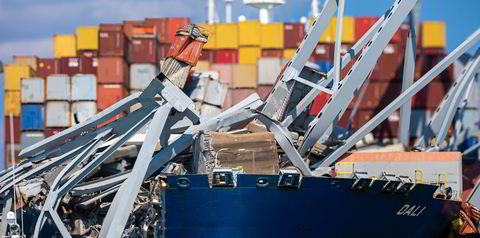Further US sanctions against Myanmar could affected the country’s fledgling tanker market, industry analysts have warned.
Last week US president Joe Biden sanctioned the military leaders who directed the coup, their business interests as well as close family members.
However, the US has said it is ready to impose additional measures but stopped short of specifying what they might be.
“US sanctions will make it more complicated to move cargoes to Myanmar as traders now have to deal with payment issues,” Platts reported quoting an unnamed trader.
Alexander Yap, senior analyst at S&P Global Platts Analytics said: “The full impact is difficult to quantify but there will be some long-term impact on Asian gasoline if foreign investment is affected.”
Puma Energy, which operates the largest petroleum products import terminal in Myanmar, said last week that it has decided to suspend all our operations in Myanmar.
It said the move was designed to “protect the safety and security of our employees and partners” and that it will “continue to closely monitor and assess the situation”.
Puma Energy, a company partly owned by commodity trader Trafigura, operates an oil products terminal in the Thilawa special economic zone on the outskirts of Yangon.
“In 2020, Myanmar imported about 1.8m tonnes of refined products - about half of this was gasoil and the other half gasoline,” Ralph Leszczynski, head of research at Banchero Costa told TradeWinds.
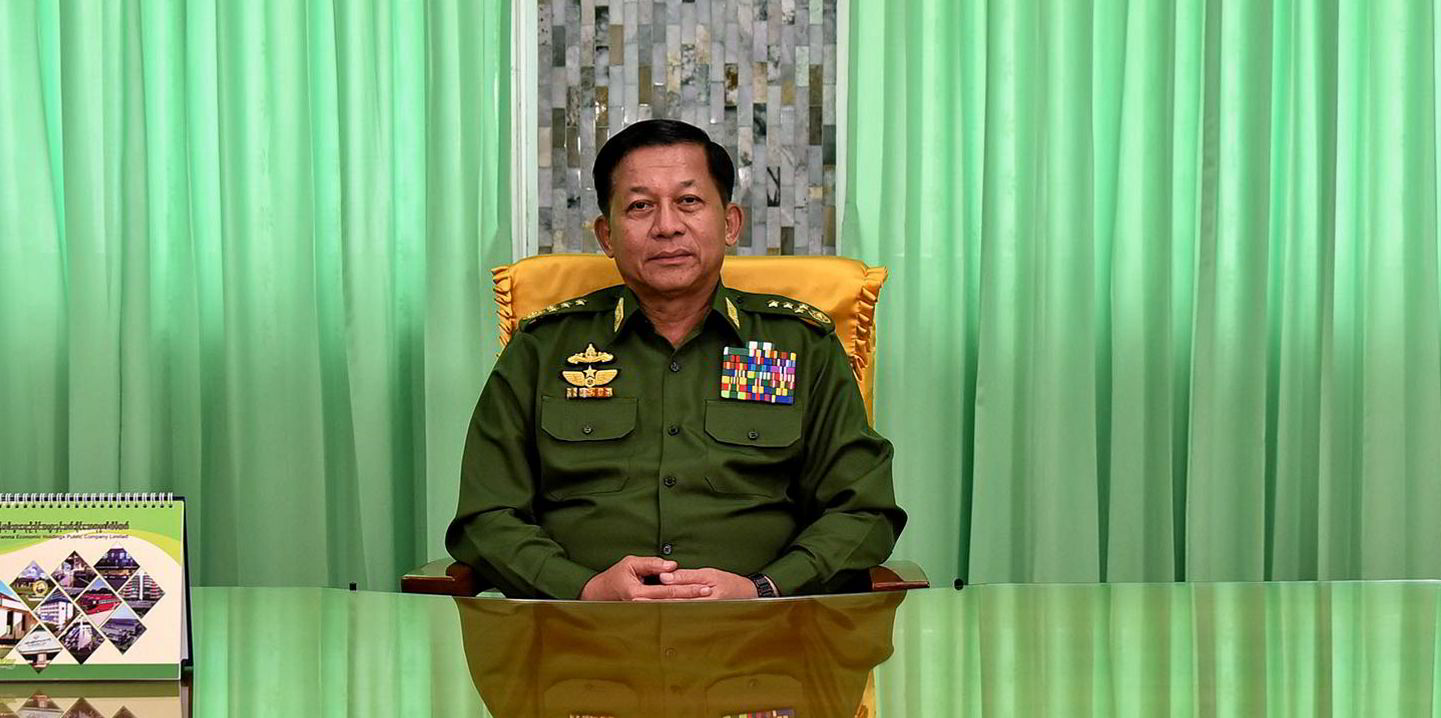
“Given the lack of refining capacity in Myanmar, it is likely that product imports will continue to surge, if economic growth continues.”
Leszczynski said t he coup is a risk to economic growth in Myanmar if it causes instability and attracts sanctions from other countries.
“The key risk is from external sanctions, as Myanmar has been receiving a lot of foreign investment from Singapore, Japan and China,” he said.
“The Chinese of course will stay, but the Singaporeans and Japanese could be pressured to pull out if the Americans try to enforce some Iran-style sanctions.”
However, Singapore's foreign minister Vivian Balakrishnan told the city state’s parliament on Tuesday that he did not support slapping "widespread generalised indiscriminate sanctions" on Myanmar in response to the military coup, because they could hurt “ordinary citizens”.
His remarks on Myanmar were among the most comprehensive by a minister from the Association of Southeast Asian Nations (ASEAN), which has a policy of “non-interference” in the affairs of its members.
The only other major tanker activity in Myanmar is related to the the Chinese-built pipeline from the port of Kyaukpyu to Kunming, Yunnan, in south west China.
It is designed to carry up to 22m tonnes of crude a year and is linked to a new refinery in Kunming which has the capacity to process 13m tonnes of crude a year.
The pipeline allows China to import crude from the Middle East and Africa without having to ship it through the crowded Straits of Malacca.
“It seems that it is still under utilised given that, according to vessel tracking data, only 8.7m tonnes of crude were discharged at Kyaukphyu in 2020,” said Leszczynski.
“Of course, the Chinese will continue to use this pipeline also in the future, regardless of the politics in Myanmar,” he added.
